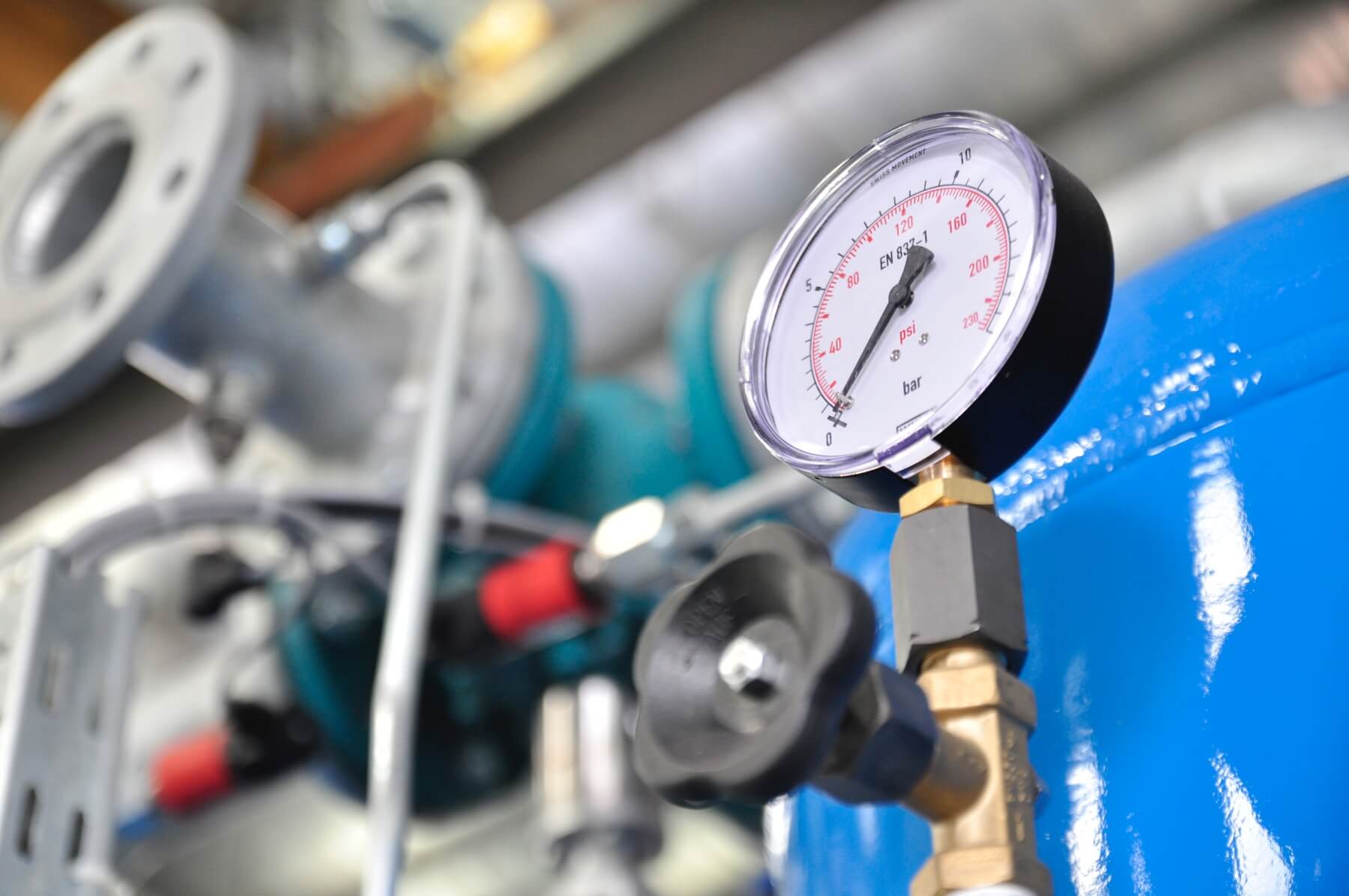Moisture in compressed air systems is a common occurrence, but left unchecked, it can cause significant problems.
The amount of water in your compressed air system can vary due to humidity and temperature fluctuations in the ambient environment. Water build-up is often more common in the summer months due to the higher atmospheric humidity levels, but keeping moisture levels under control is something that needs to be addressed year-round.
There are several ways to remove moisture from compressed air systems, including receiver tanks, water separators and air dryers which all work in different ways to deliver the same result: drier air that enables better quality output in your facility.
Why Remove Moisture from Compressed Air?
When a significant amount of water vapour is present in compressed air pipelines, issues such as corrosion, pneumatic control damage and reduced product quality can occur – with each of these issues presenting a significant cost to rectify if they are not well managed.
Following are some of the common problems caused by moisture in compressed air systems which can be managed with proper service, maintenance and system configuration.
For example, a receiver tank acts as a holding vessel and helps to collect moisture as the air cools and condenses, transforming from vapour into droplets. This accumulation of water can then be drained as necessary. Other components such as refrigerated air dryers can also be installed to help keep excess moisture at bay.
In any case, a correctly designed and installed compressed air system can limit or eliminate these problems.
1. Corrosion and Premature Wear
Corrosion can affect fittings, valves, tanks and electronic components when metal components are exposed to persistent moisture levels. This can lead to higher maintenance costs and premature part failure.
Water can also wash away oil and lubricants, allowing rust to take hold at a faster pace, as well as putting additional wear on pneumatic valves and cylinders.
2. Contaminated Air
Due to the fact that many industrial manufacturing processes need dry compressed air, the introduction of water to systems can create unwanted issues in pipework and lines, encouraging corrosion and affecting the integrity of the pipes. This can eventually cause scale and blockages which can significantly reduce air pressure, impact purity, and hamper efficiency.
3. Reduced Product Quality
Processes such as food production, spray painting and CNC machining require very dry air to ensure a high-quality finished product.
When moisture enters the pneumatic systems of CNC machines, this can lead to imperfectly machined surfaces. Likewise, paint flow and the texture of the painted surface is negatively altered by moisture – a major issue in the spray painting industry where precision finishes are mandatory.
However, some of the most serious issues lie in the food and pharmaceutical industry, where moisture in air lines can encourage bacterial growth. Bacterial contamination can result in entire batches of product having to be disposed of and significant maintenance work to get your system back to an acceptable healthy state.
Trust Focus Industrial for Moisture-Free Compressed Air
A system that is well-designed and incorporates effective drying mechanisms results in less wear on equipment, a more efficient air supply, and a better end product for your customers.
To book a free system analysis report to ensure your system is operating safely and efficiently, contact our team on 1800 940 496.

